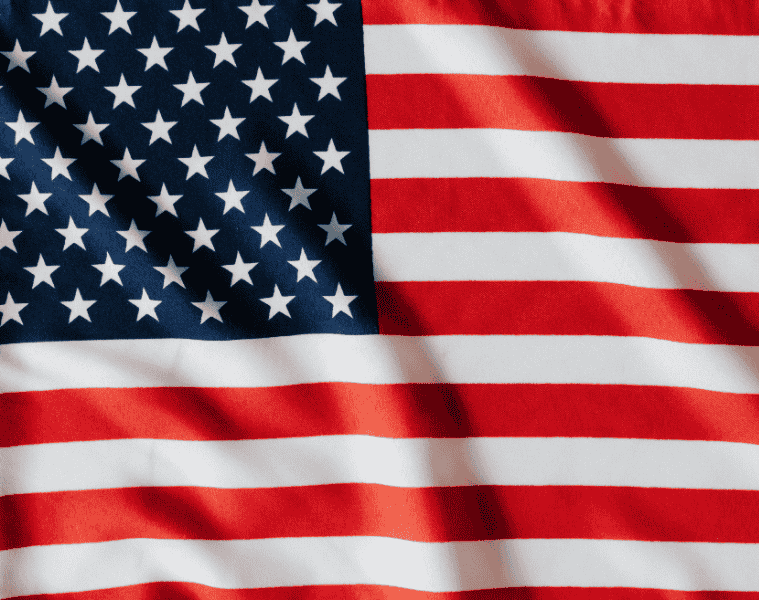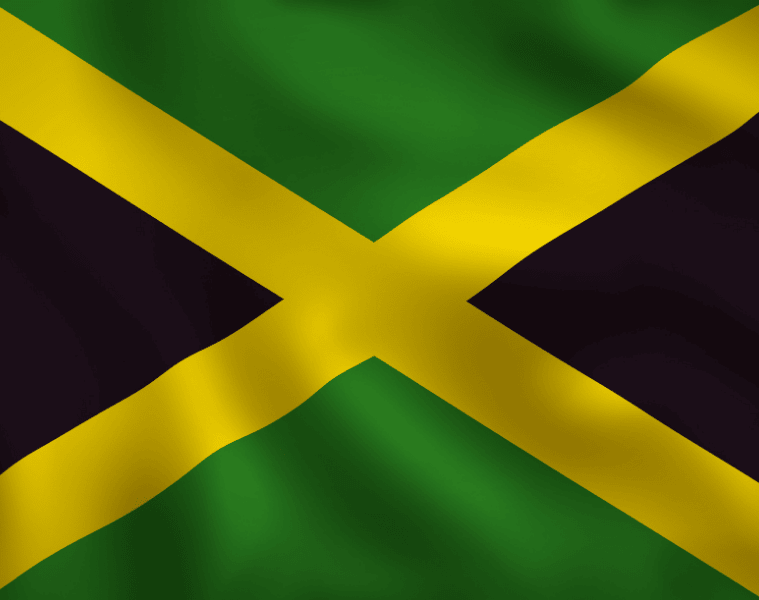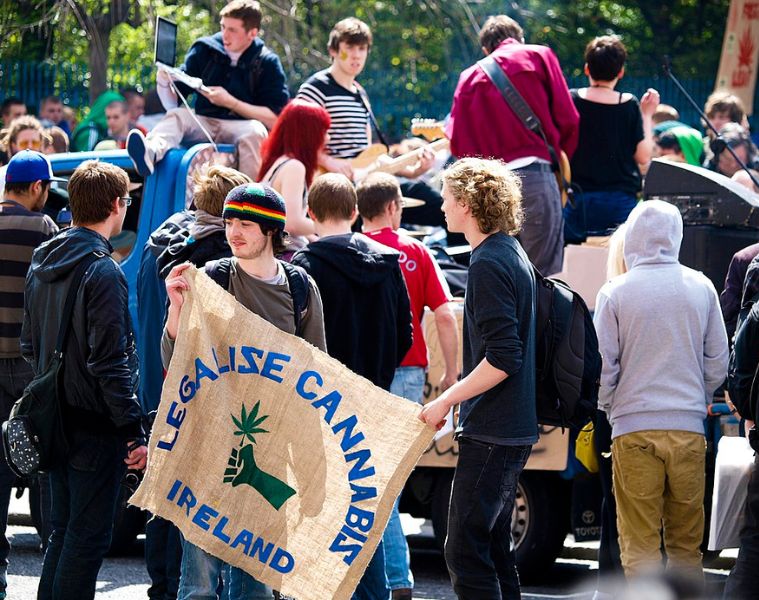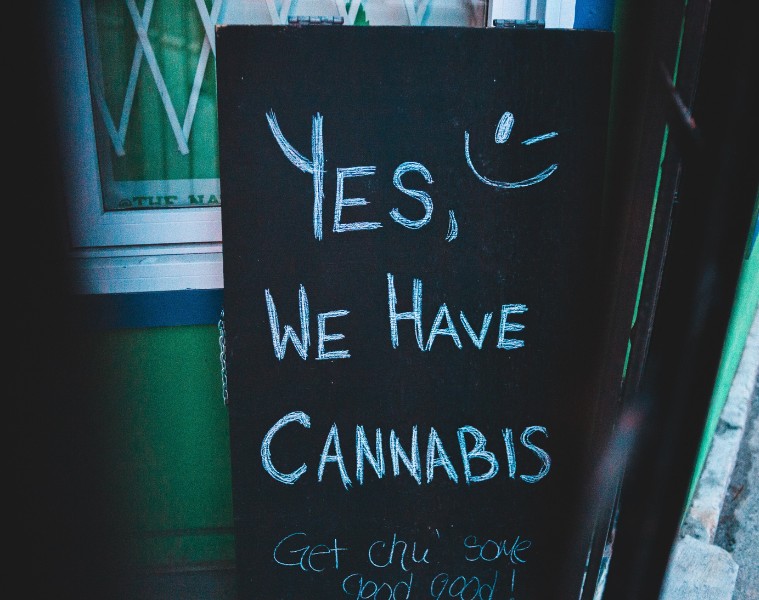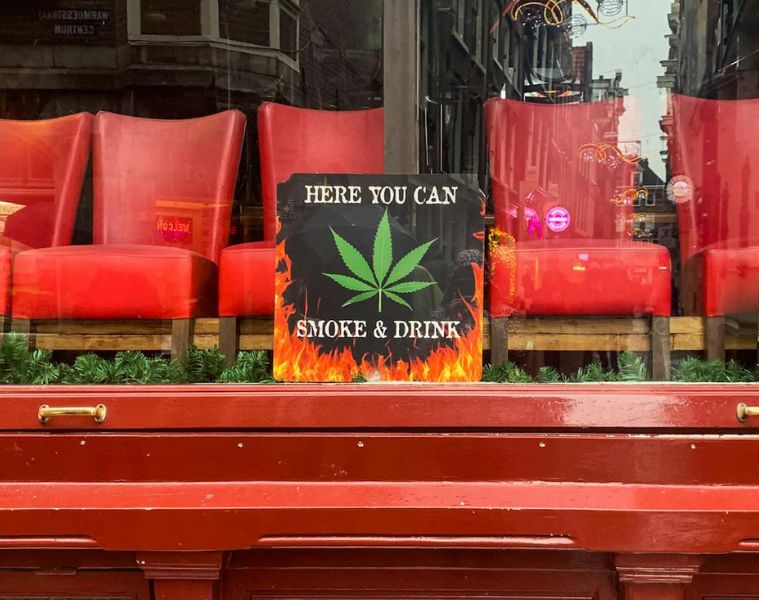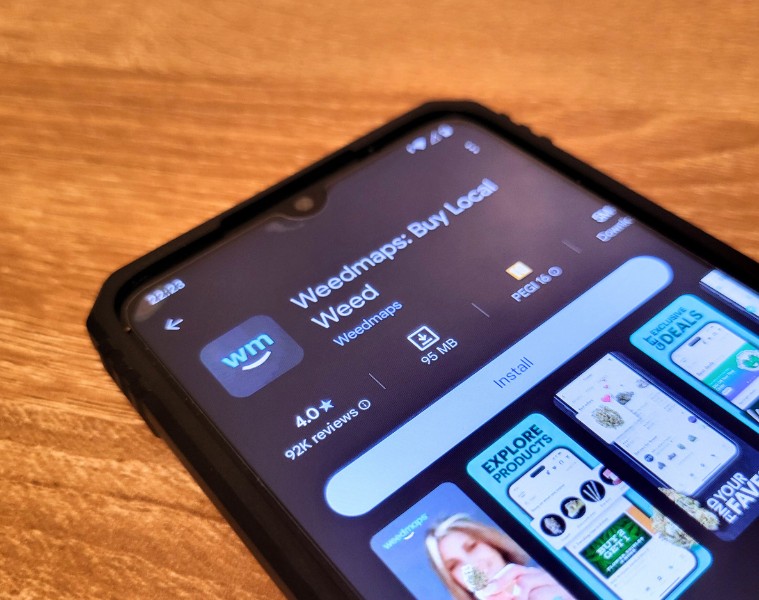Decriminalization vs Legalization: Understanding The Differences
Decriminalization and legalization seem similar, but they follow very different paths under the law.
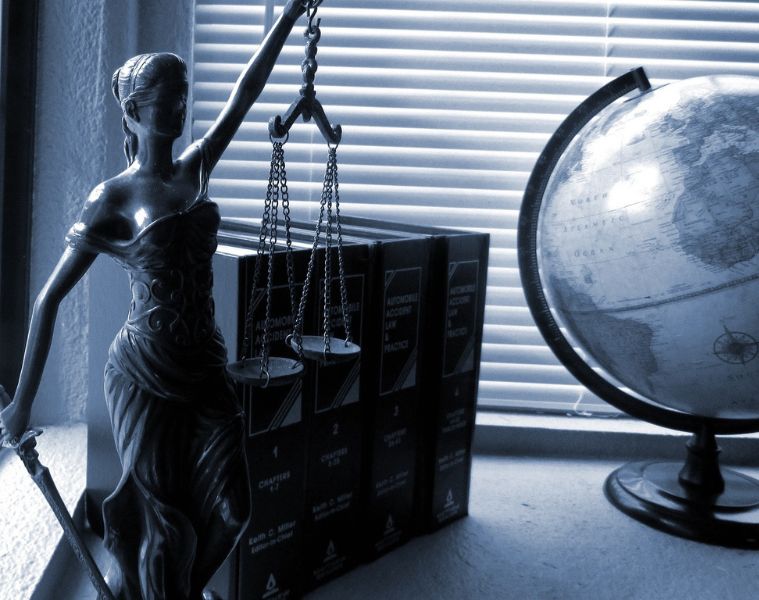
Legal Disclaimer
The information provided in this article is for general informational and educational purposes only and does not constitute legal advice. Cannabis laws and regulations vary by country, region, and jurisdiction, and change quickly with little public awareness. Always verify information with official government sources or a qualified legal professional.
Introduction
Conversations about cannabis often bring up two words that sound similar but mean very different things: decriminalization and legalization.
Both approaches are shaping the way societies view cannabis, but they don't work the same, and understanding the difference is key if you want to stay on the right side of the law.
Decriminalization
Decriminalization means that specific actions like possessing a small amount of cannabis are no longer treated as a crime that's punishable with arrest, jail time, or a criminal record. Instead, someone may get a warning, a fine, a referral to a drug treatment program, or whatever non-custodial penalty is set within the legal framework. One thing to always bear in mind is that decriminalization is still technically illegal. It's just that authorities won't treat the act as a criminal offense punishable by arrest or imprisonment.
Legalization
Legalization takes things a step further and removes all restrictions from the act. When a plant like cannabis is legalized, it can be possessed, grown, sold, and purchased through licensed businesses without any penalties. Unlike decriminalization, which has no legal market, legalization opens the door to an above-board, regulated market.
Key Differences
Decriminalization
- Primarily a harm-reduction measure, not full reform.
- Fines/non-custodial sentences instead of arrest.
- No legal market for production or sales.
- No criminal record or jail time
Legalization
- Rules are put in place for safety and quality control.
- Licensed businesses can grow, sell, and distribute.
- Creates legal jobs and boosts economic growth.
- Removes most penalties from the act.




